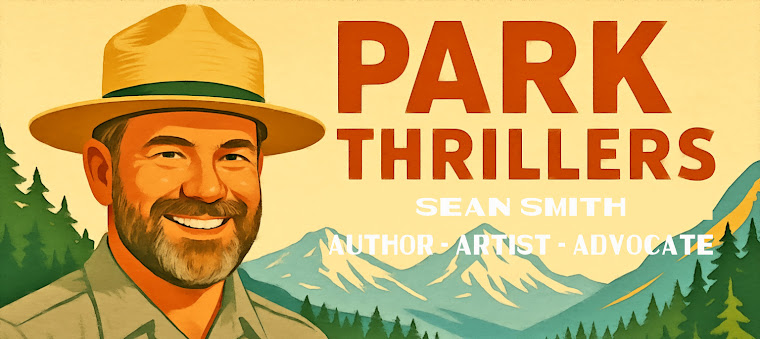 |
| Malheur NWF Headquarters: By Cacophony |
For the past
several weeks there has been a little dust up taking place in Southeastern
Oregon. Several “local” ranchers, wise use, and other militia types
have occupied the Malheur National Wildlife Refuge.
These self-labeled patriots led by the Bundy’s out of Nevada contend the
federal government does not have the authority to own or manage public lands.
The Bundys in
their standoff are the latest in a long line of “patriots”, who have taken it
upon themselves to “return” public land to the people.
Many contend the
roots to this predominately western conflict date back to the Sagebrush
Rebellion of 1979. The rebellion according to some was a “virtual war” over
control of federal lands. It only lasted a short while however; the rebellion’s
spirit inspired others like Nevada’s Richard Carver, a former Nye County
Council Member. In 1994 as Tim Egan wrote in the New York Times, Mr. Carver
took a bulldozer and opened Forest Service roads and declared the county now
owned the property.
Fast forward to
today, the Bundy’s and the rest of the Malheur occupiers are trumpeting similar
arguments. At its heart they assert the federal government does not own federal
land, federal land management agencies are illegitimate, and that public use of
federal lands cannot be prohibited.
But if the
Bundy’s et.al. had solicited the help of a first year law student, they may
have saved everyone a lot of time and energy.
Let’s look at
their first argument; the federal government cannot set aside lands in federal
reserves. The courts answered this question back in 1911 in Light vs. United States. In
this case the court found that Congress has the authority to permanently
establish federal reserves such as National Forests, Wildlife Refuges, and
National Parks.
Okay, but obviously the founders never intended for the creation
of federal agencies like the Park, Forest or Fish and Wildlife Services. Wrong
again. In fact, in the same year as the Light case, the Court
in the United States vs. Grimaud ruled
the constitution allows for the creation of federal resource management
agencies with the power to determine what actions can take place on public
property.
Fine, but obviously public lands belong to all, the Bundy’s and
others assert therefore all public activities and uses must be accommodated.
Strike three.
In the 1984 case of Organized Fisherman vs. Watt the
Court found that the task of weighing the competing uses of federal property
has been delegated by Congress to the Secretary of the Interior. As
such, the Secretary has "broad discretion in determining what actions are
best calculated to protect park or public land resources." This power
extends up to prohibiting activities that are deemed counter to the public
interest.
One would assume, that at least some in the Bundy camp know the
law. They know their position is legally weak. If so, what do they actually
want? Back in 1996 in my Master’s Thesis I
coined the term “subsidized anarchy” to describe what Wise Use, Militia,
Patriot, White Supremacist and other rightwing groups actually want. In a
nutshell these groups want control of federal lands given to them, removing any
“outside” opinions or issues that get in the way of their preferred use.
Historically, that preferred use has centered on extractive activities such as
logging, mining, and ranching. However they also want federal funds to still be
spent on programs such as firefighting and predator control, so that their
preferred use may continue.
In other words, they want federal funds and resources without the
strings.
Yet, any person who has studied federal land management realizes
these “dust ups” appear to occur every 20 years. This is just enough time for
the leaders of the new rebellion to have forgotten or never learned the lessons
of the previous one. Why do we seem to have this pattern of reoccurring unrest?
It’s because the federal government doesn’t take these rebellions
seriously. Often administration officials fail to press charges. In those
instances where cases are brought, the courts fail to impose little more than a
slap on the wrist. This failure to take resources crimes seriously is also due
to congress which in many instances has determined these crimes to be minor
offenses.
What can be done?
First, we must support and defend federal ownership and management
of our public lands. Second, we must demand that federal officials arrest
and prosecute rebellion leaders. A failure to do so, only breeds contempt
for federal law. Finally, we must demand that congress reclassify federal
resources crimes such as wildlife and timber poaching, and chronic trespass as
felonies. This reclassification would provide prosecutors more tools to use
against sagebrush scofflaws.
Federal lands belong to all of us, not just those who happen to
live nearby. As such, national interests, values, and wishes must be taken into
account when managing for their future. The public domain is a great
gift we have inherited from our ancestors; we owe it to future generations to
pass it along in equal or better shape.



